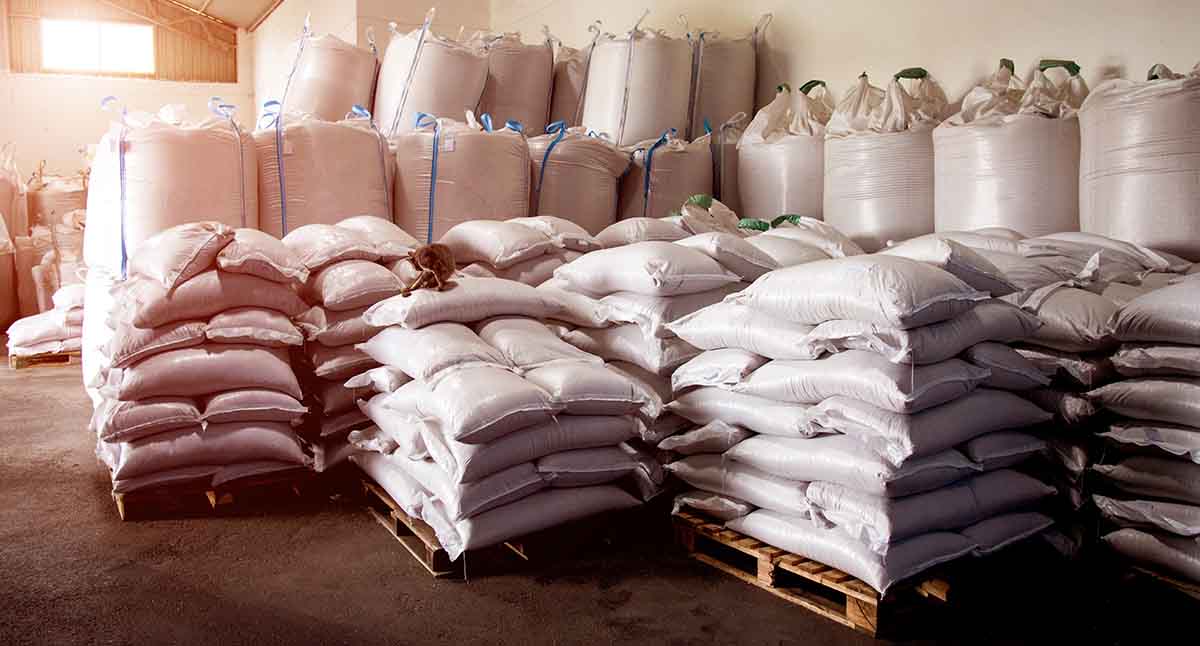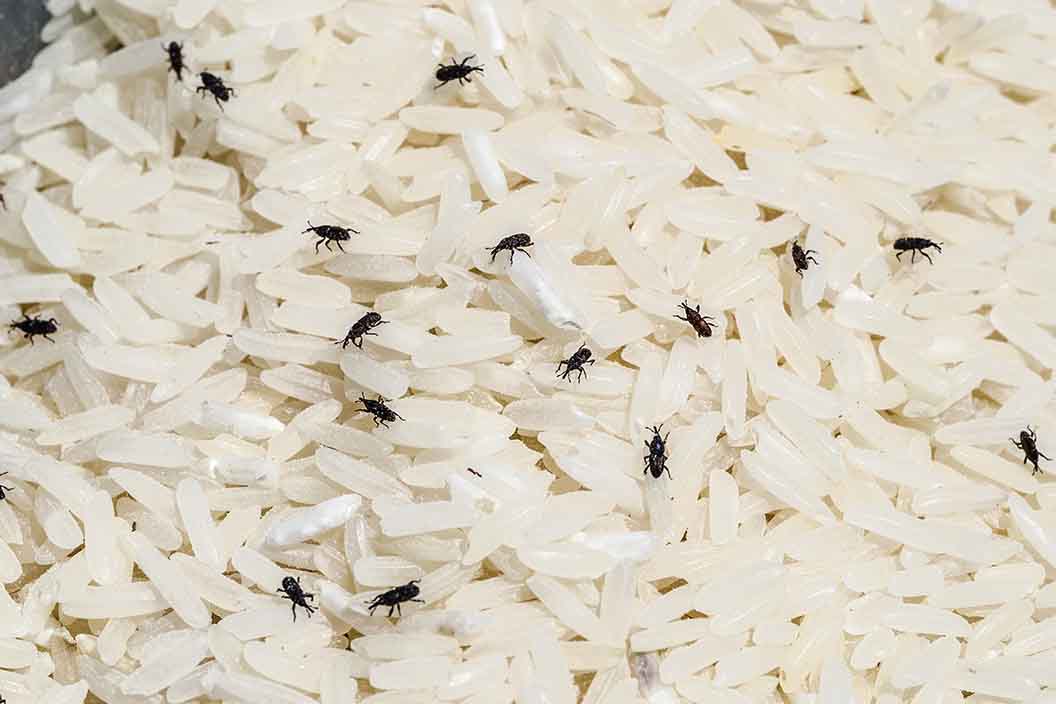Pest Control for the Food Industry
When considering pest control for the food industry, it is important to remember that pests can enter the food chain at any point from farm to fork. Wherever there is food production, storage and supply it is vital to consider the risks from pests and to take adequate precautions to protect the food chain.
There are a huge number of pests that can affect food and food businesses, and in this blog post, we look at the prevention and control of pests within the food industry.
Pests that can affect food businesses include the more commonly considered ones such as rodents (rats and mice) but also many others such as insects (flies, moths, beetles, mites, cockroaches, ants, stored product insects, and spiders), and birds, squirrels, foxes amongst others, all of which can either cause damage to food premises and food products or pose a risk of physical or microbiological contamination. Rodenticides and insecticides used in pest control can also pose a risk of chemical contamination to food ingredients if used incorrectly.
Tackling Stored Product Pests
Stored product pests, such as weevils, beetles, moths, and mites might only seem small and insignificant but when you consider the scale of damage that they can cause, the perspective soon changes. In a flour or spice mill, an uncontrolled moth infestation can quickly become a significant challenge. These pests can enter external packaging of a range of types such as paper, cardboard, plastic, cellophane, or foil. The problem lies in the tiny entrance holes made by some of these insects, often smaller than can be seen by the human eye, so they may not be visible during routine inspections which means that an infestation can be very hard to spot.
Although they only consume a small quantity of food, they can contaminate large quantities through their faeces, cocoons and the introduction of microorganisms all of which will render the food unfit for human consumption. Not only this, but the structure of raw materials can also change and ‘cake’, causing damage to machines and slowing productivity.
To help prevent infestation, all raw product packaging should be thoroughly inspected for signs of infestation and checks upon receipt of products should be carried out by sampling where necessary. Where possible, all raw products should be transferred to tightly sealed containers impenetrable to pests. Stock rotation and a regular cleaning schedule should also be adhered to. Employing the services of a professional pest control company will help to identify risk points and potential infestations to reduce risks, and where necessary tackle any issues head-on.

Prevention of Hazards Caused by Birds
Bird droppings, which can contain the bacteria that causes Salmonella and other diseases, are a serious hazard to health. Birds can consume large amounts of foodstuffs such as grains, causing loss of potential profit and the resultant faeces can contaminate large amounts of food.
Deterring birds in the first place using methods such as netting, electronic scarers and entry barriers (automatic doors) will be key to keeping them out of your production premises. However, other methods to remove shelter, water, and food sources such as keeping doors closed when not in use, keeping waste storage areas clean and food containers shut and removing any standing water source will help.
Prevention of Rodents
Rodents not only pose hazards to health with their droppings and urine but can cause significant damage to buildings, fixtures and food supplies too. When controlling rodents, it is essential to eliminate areas that can harbour them and to prevent access to food, water, and shelter. There may be many points of entry to a building, such as cracks, vents, pipes, cabling, drains, doorways and windows where measures can be taken to prevent access, such as one-way valves, seals, and gnaw-proof meshing. Rodents can be controlled using traps or toxic bait, depending on a number of factors. For effective rodent prevention and control, we recommend seeking the advice of a competent pest control company that also understands food business activities. iX5 Pest Control is owned and operated by a Chartered Environmental Health Practitioner with a background working in a wide range of food businesses and also many years working in local government regulatory services, so we are well placed to assist.
Pest Control for the Food Industry
Due to the hazardous nature of the presence of pests in the food industry, there is a legal requirement for all food businesses to take all reasonable precautions to prevent pest activity in their food business. The primary requirement is found in Regulation 4, Chapter IX, Annex II of Regulation (EC) No. 852/2004. All food businesses should also have in place a food safety management procedure based upon the principles of Hazard Analysis and Critical Control Point (or HACCP) and this should include setting out what is done about pest control.
The Government have produced a further guide here on good food manufacturing and distribution.
At iX5 Pest Control, we offer a full range of support packages for all food businesses, including assistance with HACCP and commercial pest control contracts. We also offer emergency advice and support package in the event of pest issues arising within your food business or in the case of a local authority Environmental Health Officer raising concerns or taking formal action.
We have significant experience working with and in food businesses and also in a regulatory capacity within local authorities so can provide information and advice from a balanced and fully informed viewpoint.
Call us on 01604 328545, email us at [email protected] or use our contact form here.

